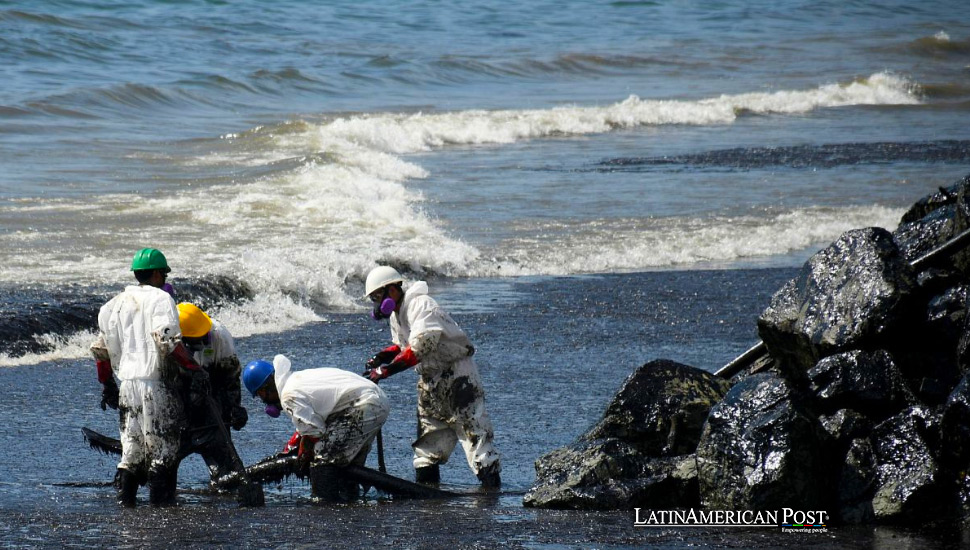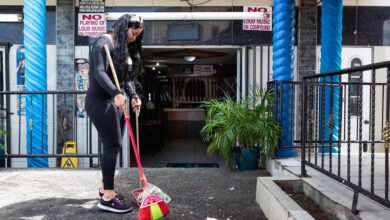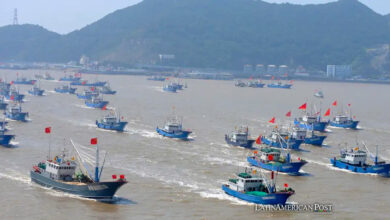Tobago Oil Spill Menace Now Threatens Aruba and Bonaire Ecosystems and Economies

A devastating oil spill originating near Tobago has escalated, impacting Aruba and Bonaire and sparking a coordinated response from Caribbean nations to protect vital ecosystems, including mangrove forests and marine habitats crucial for biodiversity and tourism.
Threat to Paradise Unveiled: Oil Spill Menaces Caribbean Islands
The serene beauty of the Caribbean is under threat as an oil spill, initially identified near Tobago, has unfurled its toxic reach to the neighboring islands of Aruba and Bonaire, putting their prized natural resources at risk. This environmental disaster has mobilized several Caribbean countries into action as they join forces with Trinidad and Tobago to confront the spill’s spread, originating from a barge that capsized in early February, leaking up to 35,000 barrels of fuel oil into the marine environment.
As detailed by Rino Hermans, the director of the Crisis Management Office (C.M.O.), Aruba’s proactive stance involves a strategic division of the island into four zones for efficient monitoring. The island’s response prioritizes the protection of turtle nesting sites and tourist-frequented beaches, critical components of its natural heritage and economic stability. Plans to deploy a 60-person first responder team and initiate a comprehensive cleanup are in place, awaiting the oil’s imminent arrival to their shores.
Crisis Echoes Past, but Unique Challenges Abound
The incident recalls a similar crisis seven years prior, emanating from Trinidad and affecting multiple Caribbean nations. However, the current situation poses unique challenges, compounded by the unidentified ownership of the capsized vessel, complicating accountability and response efforts.
Bonaire has already felt the spill’s adverse effects, with the government declaring it a “serious threat to both humans and nature.” Images circulating on social media depict the grim reality of oil-coated sand, reefs, and wildlife, prompting an urgent mobilization of emergency services.
Aruba has extended its support to Bonaire, emphasizing the need for human resources over equipment at this critical juncture. Meanwhile, Grenada reports the detection of oil within its territorial waters, underscoring the spill’s expansive impact.
The Trinidadian government’s efforts to conduct a comprehensive survey aim to facilitate the safe engagement of support vessels in containment and cleanup operations, signaling a crucial step toward mitigating the disaster’s environmental footprint.
Caribbean Ecosystems at Risk: A Call for Regional Cooperation
This unfolding crisis underscores a recurring challenge within the Caribbean region and beyond – the vulnerability of its ecosystems to industrial accidents and the need for robust environmental safeguards. It also highlights the interconnectedness of Caribbean nations, whose shared natural resources and economies are imperiled by such disasters.
The oil spill’s ramifications extend beyond the immediate environmental degradation, posing long-term challenges to biodiversity, fisheries, tourism, and the health and livelihoods of local communities. As Caribbean nations rally to address this crisis, the incident serves as a stark reminder of the importance of regional cooperation, improved industrial safety standards, and the global imperative to protect our planet’s fragile marine ecosystems.
With its diverse and extensive coastline, Latin America is no stranger to the threats posed by oil spills. Countries like Mexico, Venezuela, and Brazil have experienced their share of environmental disasters linked to the oil industry, affecting marine life, coastal communities, and local economies. These incidents share similarities in their immediate impact and the long-term environmental and socio-economic challenges they pose, emphasizing the need for a collective Latin American response to enhance maritime safety, environmental protection, and disaster preparedness to safeguard the region’s invaluable natural heritage.





